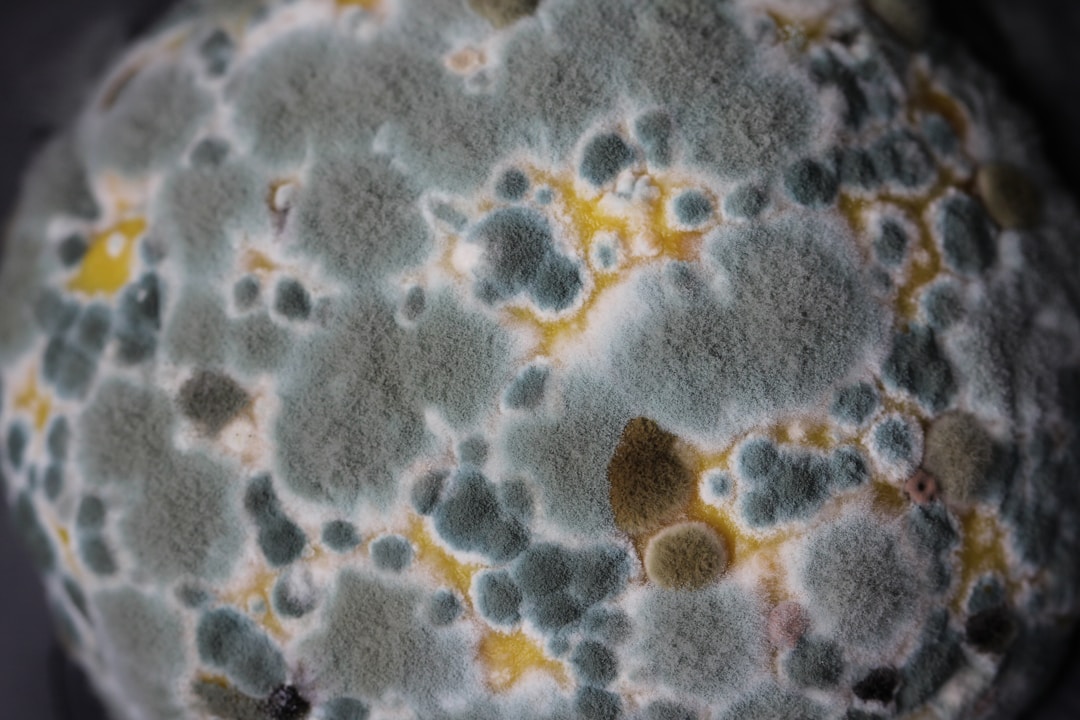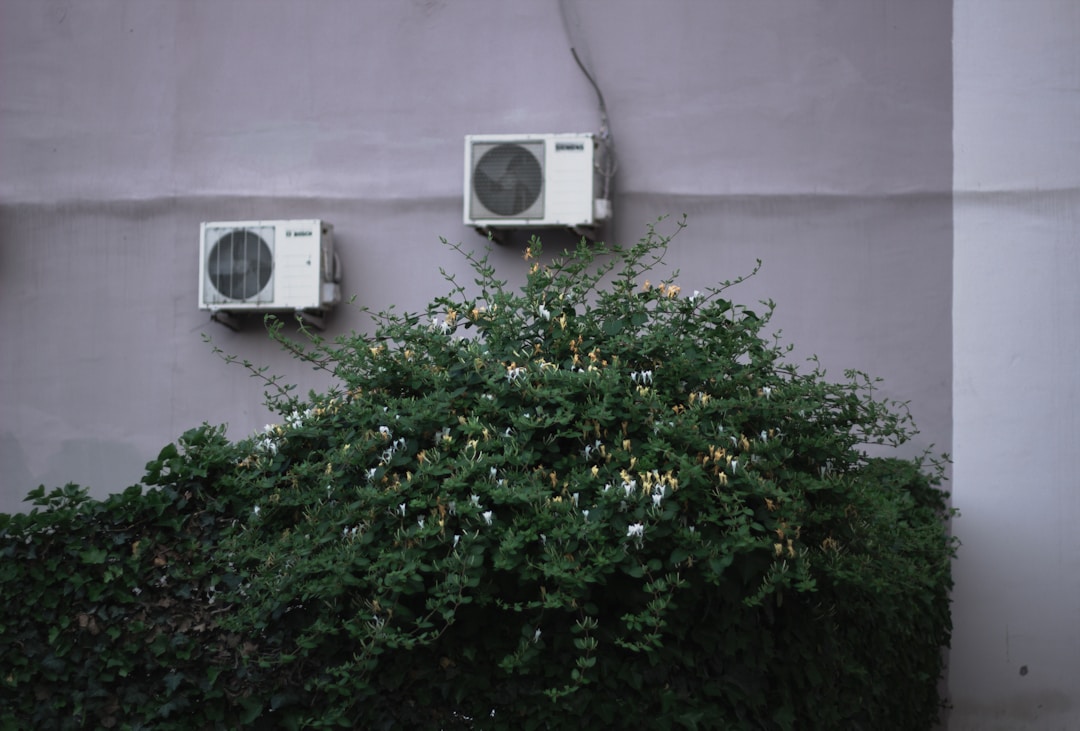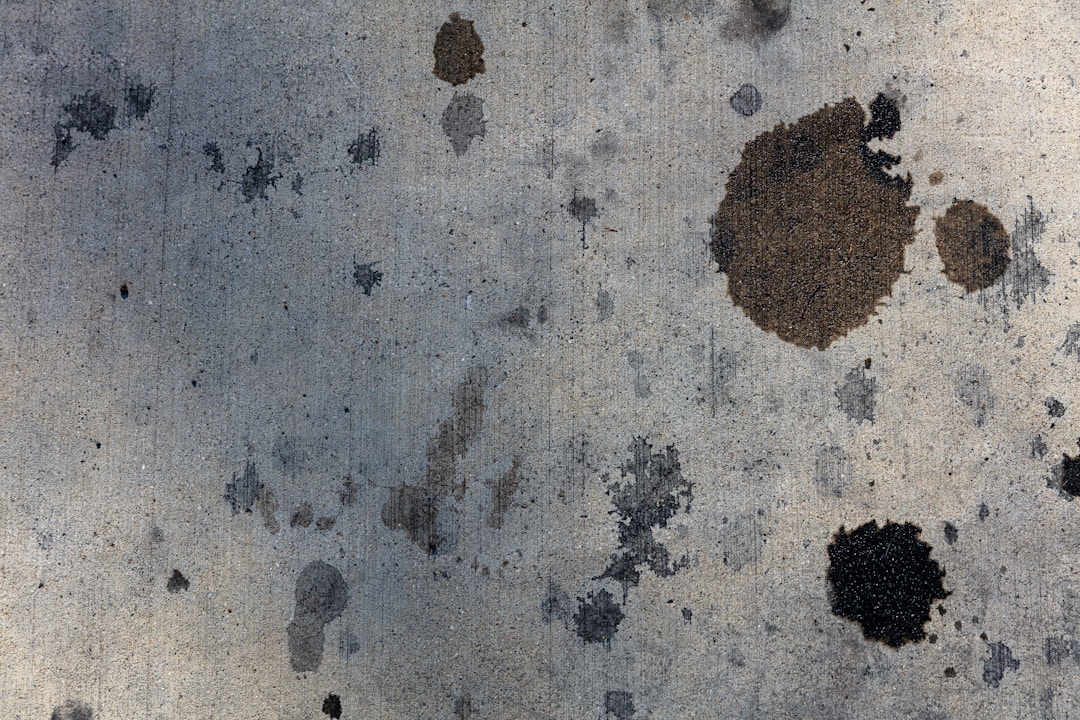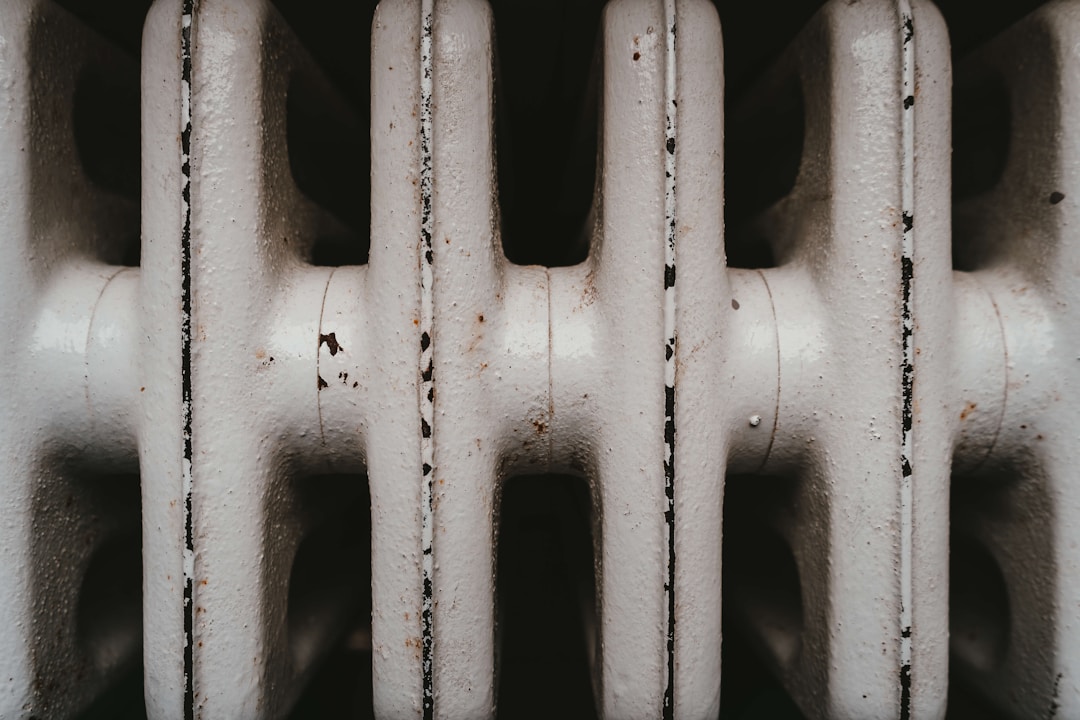Heating systems have become part and parcel of our daily lives as homeowners. They provide us with comfort and other numerous benefits. That’s the reason why a faulty heater causes much distress. Not only is the repair process hectic, but the consequences could also be dire. This is especially true if the problem occurs at a critical time, like winter. If your heater regularly acts up, this article can help. We’ve listed seven possible causes of heater malfunctions, along with tips on how to troubleshoot.
1. Excessive Mold

When moisture builds up, it traps foreign particles like dust in your heating system. Once trapped, the humidity coming from the hot water triggers mold buildup. This may inhibit certain vital parts of your heating unit or block the ducts from releasing the right amount of heat.
It’s also worth noting that moisture accumulation is usually caused by poor insulation, insufficient ductwork, or something as simple as an unkempt space. Being tidy and clean goes a long way to solving this. For example, if you have a heating system in a nursery, you should keep the nursery closet as well as your baby’s clothes, diapers, and blankets far from the heater. It helps to also know how to organize and store baby clothes neatly in it.
2. A Faulty Thermostat
One major culprit when a heater begins to malfunction is the thermostat. Thermostats are the brain of air-conditioning units. They tell the fluctuations in temperature and respond accordingly. They also detect command and prevent the temperature from going beyond its maximum limit. A damaged or wrongly installed thermostat will stop your system from heating or cause it to heat improperly.
3. Dirty Air Filter

The air filters in a heating unit are akin to the lungs in humans. These usually get choked with debris and rust over time. When the blockage is large enough, it impedes the operation of your heating system. With a clogged filter, the heater either becomes noisy or blows cold air. Therefore, it’s important to regularly change your filters according to instructions from the manufacturer.
4. Insufficient Fuel Supply
Heating systems are commonly powered by natural gas, electricity, gasoline, diesel, or water. Whatever your energy source is, sometimes, the issue with your heater’s malfunction is something as simple as a fuel shortage or insufficient supply of energy. Checking if your energy supply is adequate is a good start. Also, try to check the energy transmission system is functioning properly.
5. Leaky Ductwork

If your heater is not working, it could be that the duct tapes were placed wrongly. This often results in leakages. Depending on where the leakage is, it will prevent the right amount of fuel from getting to your heating system. Invariably, it also inhibits the flow of adequate heat out of it.
6. Unlit Pilot Light
Your pilot light must always be lit. If it’s not, it could either mean that the light is faulty, the transmission is defective, or your energy source is not aptly flowing to it. In such cases, check your transmission sources. If you’re using anything other than electricity, make sure there is a consistent flow of energy. Once this is sorted, if the light doesn’t come on or only stays lit for a short time, you’ll likely need professional assistance.
7. Lack of Maintenance

Every electrical device must be treated with the right handling and care. This is necessary for efficiency and longevity. Carrying out regular, periodic maintenance is vital. This helps with the early detection of faults and subsequent repairs, saving you money in the long term.
To sum up, it’s vital to note that most heaters break down simply because there was either little or no maintenance whatsoever carried out. So, it’s important to always seek the services of a qualified HVAC specialist for your maintenance.
